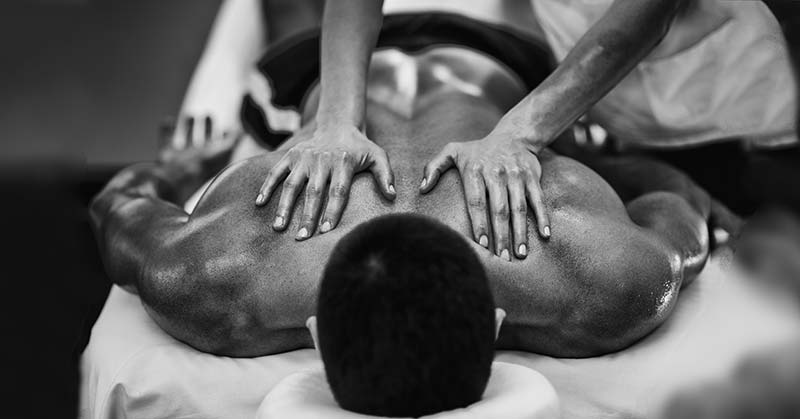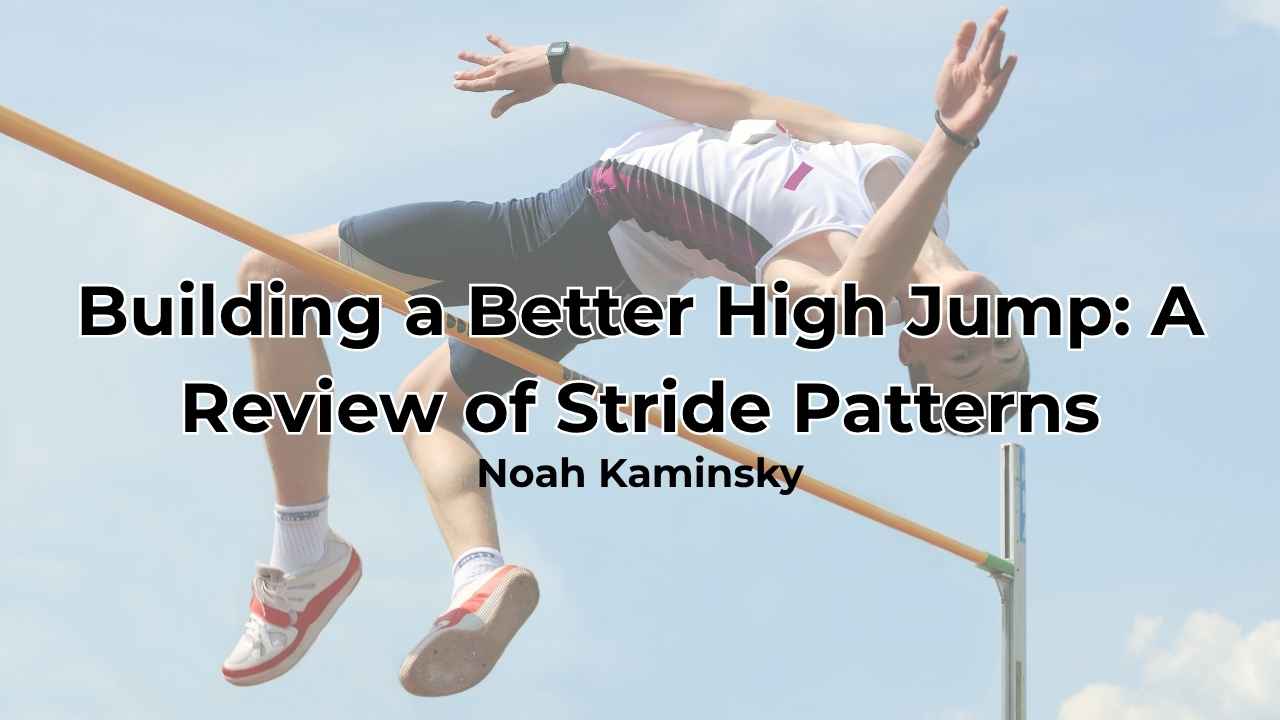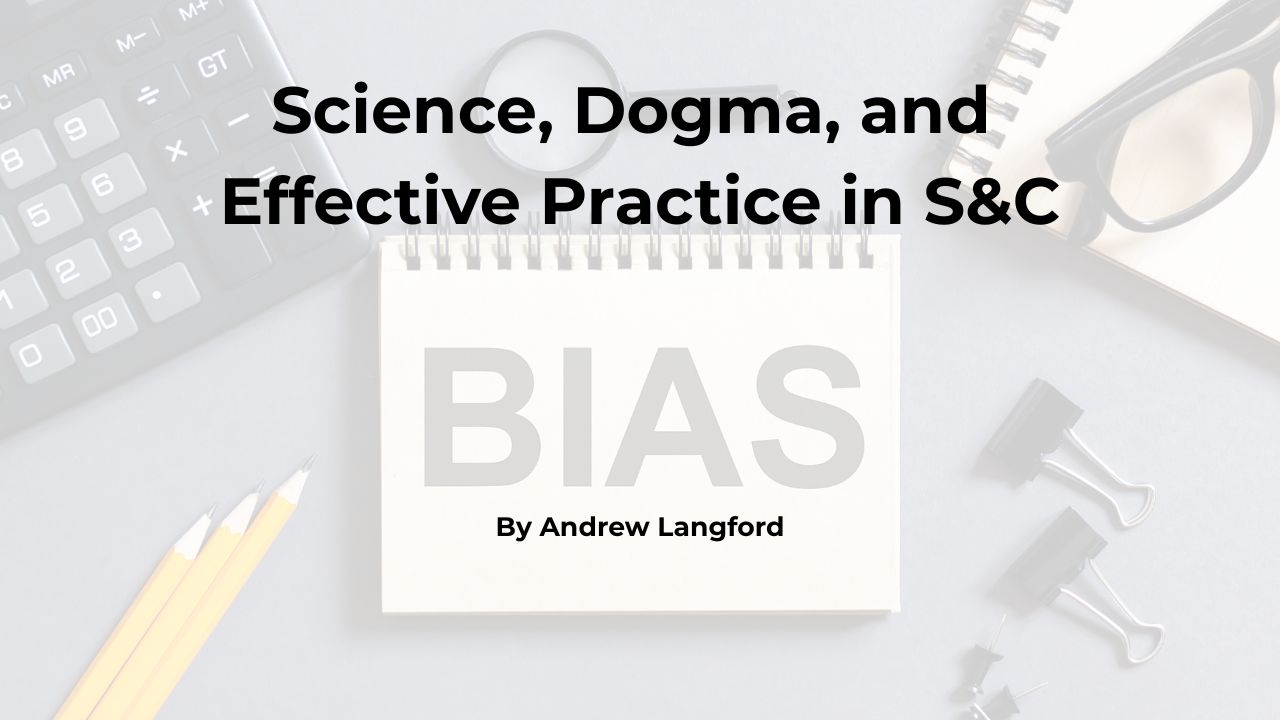[mashshare]


The question, “What do I need to do so that I can work in high-performance sport” floods my inbox every September.
This time of year brings with it the hustle and bustle of returning to school. Some students, the curious ones, seek guidance about how best to navigate their chosen career path so the light at the end of the tunnel leads to something that at least resembles the reason they started in the first place.
Coincidently, September is the time of the year when I have an opportunity to reflect on my own “why” as I work through the yearly debrief process along with the staff at ALTIS. Debriefing affords us the opportunity to reframe questions, thoughts, and ideas which ultimately expedites the learning process and puts forth a plan of action.
With this in mind, I will address the question above. I won’t give a clear cut answer because, ultimately, I don’t think there is one. Instead I will briefly speak on qualities I believe are crucial for a performance therapist to possess.
Philosophy
“Evidence Based Medicine = Science; Experience Based Evidence = Art” – Knowles
Far too often therapists go down the rabbit hole of a particular named technique only to find it will define what they do as a practitioner. Perhaps they’ve gained a lot of information that’s only applicable to a certain context.
Information hoarders take heed. Information does not equal knowledge and knowledge, without experience, does not equal wisdom.
That’s not to say that there’s no value in seeking information, but be aware of the balance between the rational middle and a myopic view. Having a polarized thought process is a detriment to your overall growth as a practitioner and also disrupts the balance between being a scientist and an artist. Again the key here is context. Certain therapies may work at a given time but not others.
This is where the artistic side come into play. It allows us to ask the right questions while science helps us to answer them. As such, it’s critical to develop a philosophy based on genuine knowledge (epistemology) and awareness. This can’t be done overnight; it’s an organic process that occurs over time. You will often need to revisit it and make changes based on your observations and experiences.
Finding a mentor can be a catalyst to this process, but this comes with a few caveats of its own. Mentors are not gurus and, ultimately, your goal is to surpass your mentor.
Mentors
It’s not what you know, it’s who knows what you know. A cliché yes, but it illustrates a good point. We live in an age where information is rapidly disseminated. At first glance, it seems it would be easy to recognize leaders in the field, yet how do you distinguish between those who have skin in the game and those looking for a soap box?
To complicate things further, the best of the best may not be on readably accessible social platforms. This is where your ability to critically analyze information becomes a keystone to successfully finding a mentor.
Once you’ve found a mentor, it’s important to realize that the path forward is not a passive process where you receive a wealth of information with success surely to follow. In fact, it’s just the opposite.
Find out everything you can about who your mentor works with, analyze their resources, and gain as much understanding of their philosophy and methodologies as you can. Most importantly, take the information you’ve gained and experiment with it as much as you can. Ultimately the onus is on you to derive the most from this experience.
Ownership
Things will go wrong. That’s a fact. But whose fault is it? Injury prevention, or injury surveillance as I refer to it, has been a hot topic for many years now. The field of sports medicine has seen some amazing breakthroughs, and our understanding of pathomechanics is steadily increasing. Yet athletes are still getting hurt.
Sports medicine has seen amazing breakthroughs, yet athletes still get hurt. Share on XIn addition to injury surveillance, let’s not forget about commitments you have to your team. When your integrated support team fails to accomplish a critical task, whose fault is this?
Things will go wrong, and it’s how you choose to respond which determines your success. Having a good attitude is important, but it’s not enough.
Individuals who take ownership are those who are willing to accept their mistake and not dwell on it so they can move forward quickly to rectify the problem. These individuals learn from their mistakes and hardly let the past repeat itself. Taking ownership also stimulates growth and fosters a “we” not “I” culture within high-performance environments.
For more coach and athlete resources from ALTIS, see ALTIS 360.Since you’re here…
…we have a small favor to ask. More people are reading SimpliFaster than ever, and each week we bring you compelling content from coaches, sport scientists, and physiotherapists who are devoted to building better athletes. Please take a moment to share the articles on social media, engage the authors with questions and comments below, and link to articles when appropriate if you have a blog or participate on forums of related topics. — SF
[mashshare]




2 comments
Spinal Therapy Cape Coral FL
this is really a good solution
Sports Medicine
that’s right. I totally agree with your requirements.